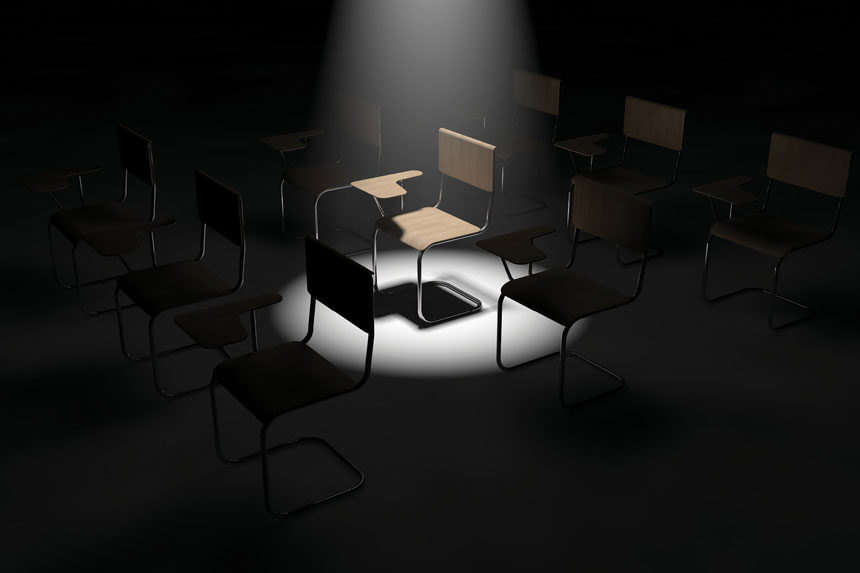No one is going to dispute that the last couple of years have been particularly rough on American students. From pre-K to pre-med, everyone at every level has been forced to make adjustments for circumstances that went quickly from the unimaginable to the very real. But that situation does put a spotlight on something that should have been addressed long before now: Students need personal days.
Let’s start with the flawed pursuit of perfect attendance. Students serve no one by forcing themselves to come to school sick. Their own performance suffers, and the chance that they’ll pass an illness to someone else goes up. Worse, some schools use attendance as a weapon. Having taught in both high school and college environments, I’ve seen students (some with chronic illnesses, like my teenage son who is a Type 1 diabetic) outright punished or denied privileges because they had one or two absences past what’s considered “acceptable” in a semester.
That’s why we need to treat students like adults. And by that I mean we need to give them personal days, just like adults in the work force. There’s no reason for kids with the flu or a chronic condition to force themselves into a negative situation just to get an attendance marker; you wouldn’t do it, why should they? Give them an allotment of days, just like work does. Let them earn more in increments of time spent in class, just like work does. And if you ask, “What if the kid is just using their personal day because they don’t feel like going to school that day?” then I would respond, “Exactly. Because you’ve used one at your job for the very same reason.”
On a practical level, one of the biggest causes of missed hours for K-12 students is medical and dental appointments. These are things that shouldn’t be avoided, and we all know that such offices are usually closed by 5 p.m., necessitating kids to miss school time and parents to miss work. Why compound the misery of a tooth extraction by throwing an attendance penalty on top of it? My son didn’t ask to be T1D, but he can’t miss endocrinology appointments, either.
If you’re of the mind that schools already schedule vacations, that’s true. However, the unspoken dimension of winter break is that it’s built around Christmas. Kids from other faiths should be able to take days for their own religious celebrations without fear of reprisal or negative impact to their work and attendance. Yom Kippur, the most important holiday in Judaism, is in October in 2022, following September’s Rosh Hashanah. Ramadan, the holy month of Islam, runs from April until May. None of those, you may have noticed, are in December. It’s reasonable that some families may want to have kids present on particularly special days.
And if a kid decides to just cash in a day so that the whole family can take off to a water park … so what? No one is getting hurt here. In fact, giving kids the latitude to take responsibility for their own physical and mental health, while also learning how to manage an expected component of adult work, helps everybody.
This article is featured in the July/August 2022 issue of The Saturday Evening Post. Subscribe to the magazine for more art, inspiring stories, fiction, humor, and features from our archives.
Become a Saturday Evening Post member and enjoy unlimited access. Subscribe now




Comments
Sometimes a ‘ditch day’ here or there is just what the doctor ordered, especially in these dreadful times.